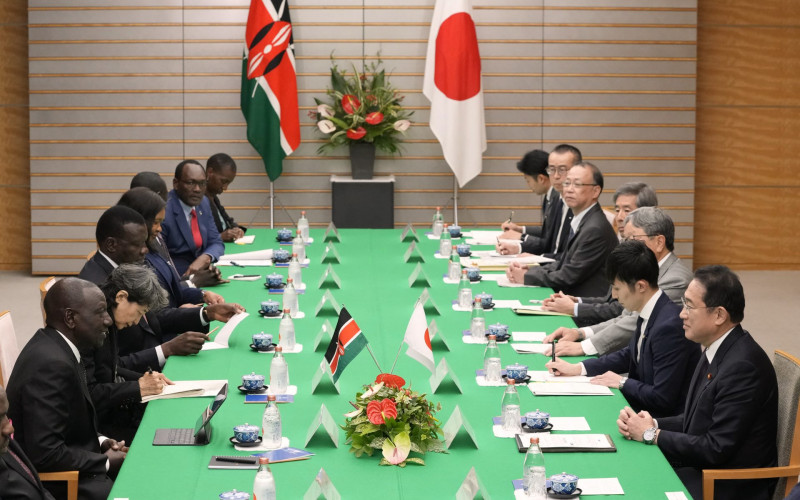This paper uses a principal-agent framework, novel data on Chinese loans, lenders, and contractors, and process-tracing to argue that Zambia is an extreme case of principal—agent problems in Chinese lending. Among all African countries with Chinese loans, Zambia has the second largest number of different Chinese contractors winning Chinese loan-financed projects (after Angola), and the largest number of distinct Chinese lenders. This multiplication of stakeholders has created fierce competition for infrastructure contracts in Zambia. In Beijing, ‘fragmented authoritarianism’ meant an absence of top-down coordination of firms’ and lenders’ activities and thus few restraints. At the same time, Zambia’s political leaders disregarded their own restraints on overborrowing. Chinese reluctance to impinge on Zambia’s ownership of its policy space created additional disincentives for close Chinese monitoring. Finally, Zambia’s history of frequent debt cancellations from China and other lenders likely exacerbated moral hazard risks.







